What childless not by choice experiences qualify as grief worthy?
The short answer is anything you decide.
The grief of childlessness is ambiguous and complicated. Often unrecognized and disenfranchised by ourselves and others. Recognizing grief and giving it attention is essential to finding acceptance in your childless life.
There is a lot to unpack.
According to Dictionary.com, grief is:
GRIEF - Noun
Keen mental suffering or distress over affliction or loss; sharp sorrow; painful regret.
A cause or occasion of keen distress or sorrow.
We often equate grief with death loss, but many life experiences result in grief.
Depending on how you came to childlessness, your experiences will be different, but you will still have experienced a primary loss that led to childlessness. These losses need to be acknowledged to be integrated.
In addition, as you live your childless life, you will experience secondary losses. These are often ambiguous and overlooked but are equally important as the primary loss of childlessness.
Some examples of secondary losses are:
Loss of friends
Loss of identity
Relationship breakup
Loss of belonging
Loss of a dream
Loss of status within the immediate or extended family
Not making your parent's grandparents
Being the last in your family line
Loss of leaving the legacy of children
Loss of Trust
Loss of Approval
Loss of Safety
Not having a clear path of who will inherit treasured items or money
Being a step-parent and parenting someone else's children but not your own
Loss of status in the workplace. Being seen as less worthy of consideration in comparison to your colleagues with children.
It is important to remember that there is no hierarchy of loss, and it is essential to recognize and give ample attention to your feelings about each loss. Comparing suffering to that of another and deciding that they have experienced worse, so your grief doesn't count, is a way to bypass the difficulty of being with and integrating your experience. This approach will not make the hurt go away. The unlooked-at emotions will surface in other ways, such as anger, resentment, jealousy, envy and depression.
Developing a relationship with grief is in our best interests, as it is an inevitable part of being alive and a key component of living a childless life.
However, while the relationship is personal and individual, you don't have to do it alone. Bringing deep sorrow out of isolation, witnessing and being witnessed shows us that we are not alone.
Looking over the list of secondary losses, how many of these have you experienced?
What would you add to the list?
Email me if you want to be witnessed in your losses and met with compassion.
I am here. You are not alone.
——————————————————————————————————————————————————————
Enjoyed this article? Want more like this delivered to your inbox once a week-ish? Visit here



